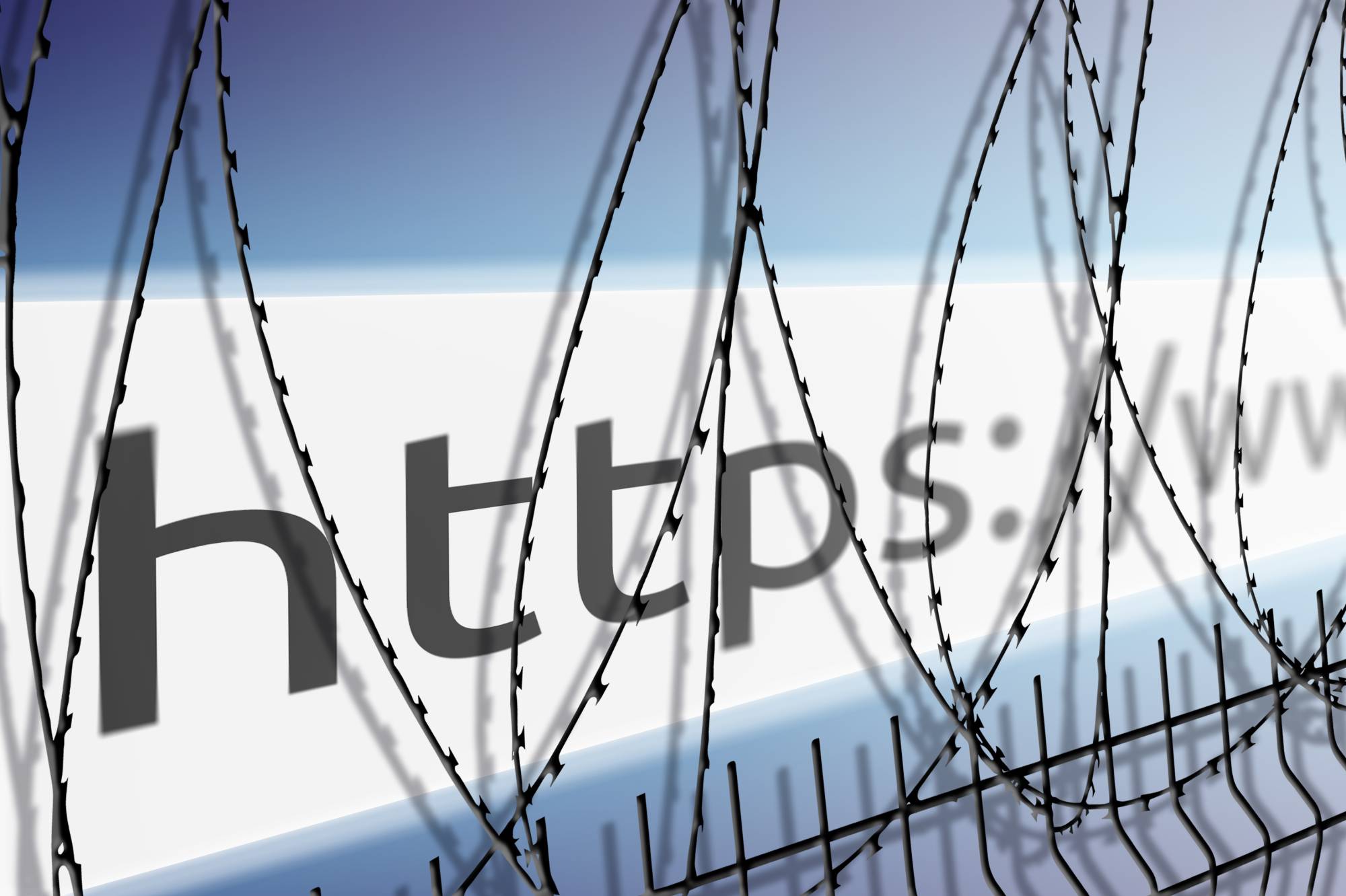China and Huawei have proposed a “redesign” of the internet to the International Telecommunications Union (ITU), the international body that oversees global communications, according to a recent Financial Times report. Ostensibly, the change better incorporates new technologies enabled by 5G capabilities. Systems engineers caution, however, that the proposal would transform the internet from the current free and open architecture to one more capable of being controlled by governments.
The “New IP” proposal is the most recent offensive in the battle over the evolution of the architecture of the internet. While its outcome may determine global leadership in high technologies, I want to focus here on how this struggle is playing out, rather than the particulars of the Chinese white paper.
The proposal is an attempt at “standard setting,” a little understood and even less appreciated dimension of international engagement. Neglect is dangerous as standards can shape — if not predetermine — critical outcomes. Japan, like other countries, must pay more attention to international standard setting to protect itself in a world of greater integration and accelerating technological change.



















With your current subscription plan you can comment on stories. However, before writing your first comment, please create a display name in the Profile section of your subscriber account page.